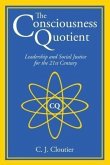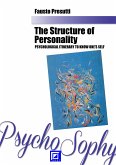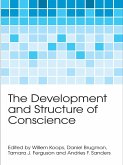Humans began to think symbolically in response to a certain set of circumstances that eventually developed into the origins of mythology. It has been traditionally accepted that this was a normal and natural process of Homo sapiens. However, in reading the literature, it is becoming increasingly clear that humans were in a special state of mind when they created symbols. That special state of mind is what the author calls a neurological misadventure, a disease state.
This visionary book delves into the symbolic workings of the mind that drive racism and religious conflict. By encouraging readers to think and live symptomatically rather than symbolically, the author posits that humans were in a special state of mind when they created symbols. His in-depth, groundbreaking research proves that the elimination of symbolic behavior will end the conflicts that we experience in the world today.
The author views the decision-making processes of managers from an entirely different angle, stating that "Most people do not understand how symbolism is used to mythologize history and manipulate behavior. In order to be creative and innovative in the midst of a war zone, actors within organizations must be mindful of the impact imposed by symbolic thinking, typically exhibited through religious and racial prejudices." Ridley concludes that "in order to unleash creativity and innovation, a symbolic thought process must be replaced by a Symptomatic Thought Process.®"
Dieser Download kann aus rechtlichen Gründen nur mit Rechnungsadresse in A, B, CY, CZ, D, DK, EW, E, FIN, F, GR, H, IRL, I, LT, L, LR, M, NL, PL, P, R, S, SLO, SK ausgeliefert werden.









